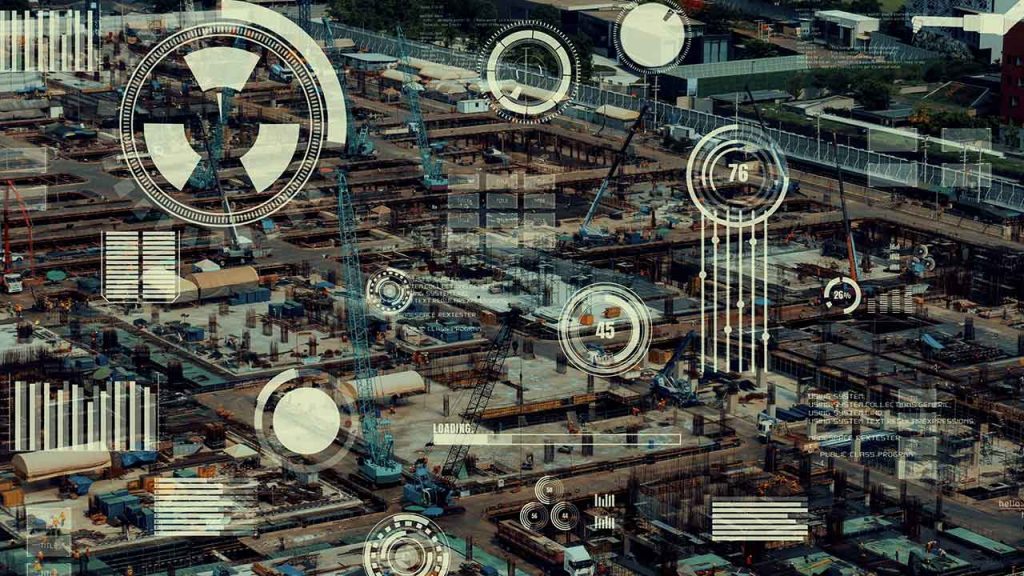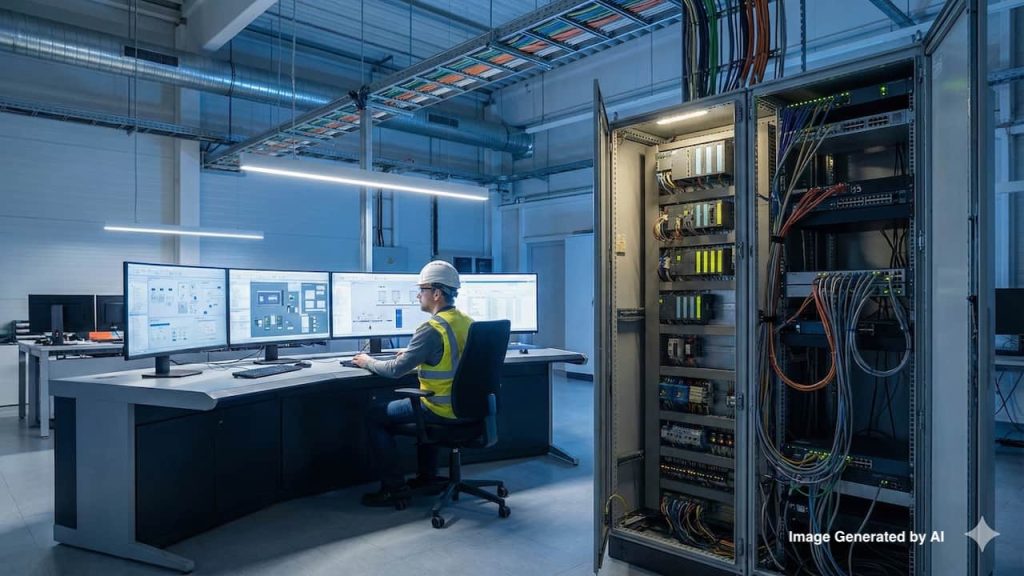The U.S. manufacturing sector is undergoing a renaissance, driven by a wave of digital transformation that separates leaders from laggards. Speaking from the floor of the Automate Show in Detroit, Andre Marino, SVP of Industrial Automation for Schneider Electric North America, shared practical insights on how forward-thinking manufacturers are overcoming common roadblocks and driving scalable innovation.
Strategic Clarity Over Shiny Tech
According to Marino, the most successful manufacturers today aren’t those chasing the latest technologies—they’re the ones who start by clearly defining the problem they need to solve.
“If you don’t know exactly what you’re solving for, it’s hard to pick the right tech. That’s how companies fall into ‘pilot purgatory’—they launch initiatives they can’t scale.”
This “pilot purgatory” is a widespread issue. Companies run multiple digital trials without achieving enterprise-wide value. Marino emphasizes a framework of strategize, digitize, optimize—first identify the challenge, then collect the right data, and finally, apply the appropriate technology to deliver measurable results.
Innovation Without Fatigue
With industrial tech evolving rapidly, innovation fatigue is real. Marino cautions against adopting technology for its own sake.
“Don’t try to solve the hardest problem first—solve repeatable problems that scale across plants. That’s where real ROI happens.”
Solving small, replicable challenges—like optimizing energy usage or reducing downtime—often leads to a greater impact than tackling isolated, complex issues that can’t be replicated.
Data Interoperability is Critical
Whether it’s a hospital or a factory, one issue remains universal: data fragmentation. As Marino puts it, “if you don’t harmonize data from multiple vendors and systems, you can’t apply AI effectively.” Open platforms, therefore, become essential—not just for operational efficiency but for unlocking AI’s full potential.
This approach aligns with Schneider Electric’s long-standing commitment to open systems, ensuring data flows seamlessly from controls to enterprise platforms without proprietary limitations.
Flexible Automation for Supply Chain Resilience
For U.S. manufacturers seeking competitive edge in a volatile global supply chain, flexibility and openness are the new imperatives. AI-powered insights can’t thrive in closed ecosystems. Integrating diverse vendors and systems across the supply chain is now essential for adaptability and speed.
Avoiding Common Pitfalls in Automation Rollouts
Marino outlines three critical missteps manufacturers make when deploying automation:
- Lack of Strategy – jumping into digitization without defining goals.
- Unscalable Use Cases – focusing on complex, localized problems instead of repeatable ones.
- Neglecting Change Management – failing to upskill or support workers leads to underutilized systems.
Change management, in particular, is often overlooked. New technologies must be paired with proper training and workforce engagement to ensure adoption and long-term value.
Real-World Impact: Schneider’s Lexington Factory
Schneider Electric’s own Lexington, KY plant, a 50-year-old facility, demonstrates what’s possible through smart retrofitting. Far from being a greenfield project, the site achieved:
- 20% reduction in energy use
- 6% year-over-year reduction in downtime
- 90% elimination of paper-based processes
The site, recognized as a World Economic Forum Lighthouse, proves that existing facilities can become benchmarks of digital excellence. Perhaps most importantly, Marino notes the transformation included employees across the spectrum—even a 40-year veteran who previously had never used a smartphone now operates in one of the most advanced factories globally.
Scaling Transformation Across Global Operations
Schneider Electric isn’t just deploying technology—they’re creating repeatable templates from their success stories, including the Lexington plant. With 22 manufacturing sites in the U.S. and hundreds globally, the goal is to share these playbooks with external manufacturers looking to modernize without starting from scratch.
Sponsored by Schneider Electric.
About the author
Lucian Fogoros is the Co-founder of IIoT World
Related articles:


